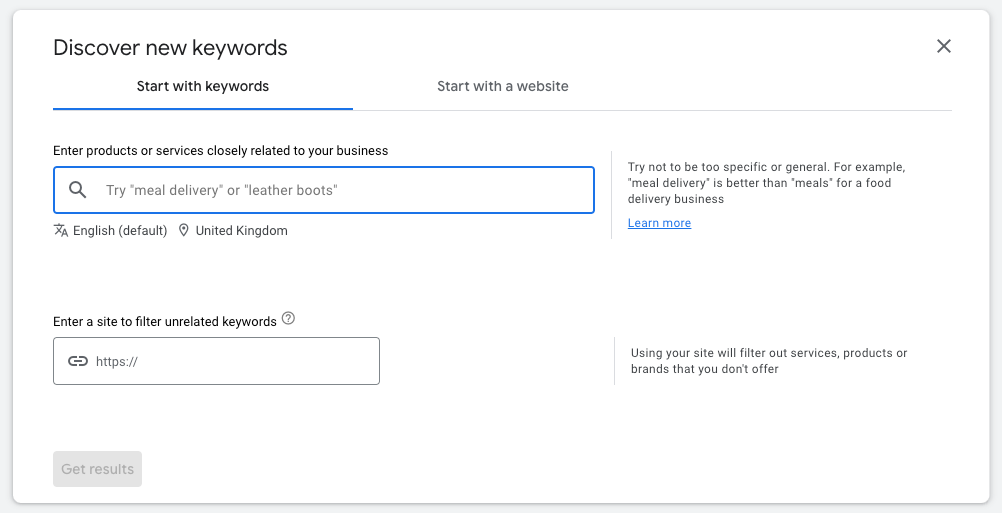
Pay per click (PPC) advertising is a core digital marketing strategy where advertisers pay a fee each time their ad is clicked. Essentially, it’s a way of buying visits to your site rather than trying to ‘earn’ them organically. For startups, PPC can be a priceless tool for driving traffic, raising brand awareness, and achieving marketing goals swiftly.
Understanding the basics of PPC involves knowing the major platforms, such as Google Ads, Bing Ads, and social media advertising options like Facebook Ads. Each platform has its own set of tools and metrics that help in setting up and managing campaigns. The core principle is to bid on specific keywords relevant to your business, with ads appearing when users search for those terms.
A well-crafted PPC strategy starts with identifying your target audience and selecting the right keywords. Conduct thorough keyword research to understand what terms your potential customers are using. Tools like Google’s Keyword Planner can help you find keywords with high search volume and low competition, optimising your ad spend.

Targeting is equally crucial. Define your audience based on demographics, location, interests, and behaviour. PPC platforms allow you to filter and target users who are more likely to convert, ensuring that your ads reach the right people at the right time. This precision reduces wastage of resources and enhances the effectiveness of your campaigns.
Once your strategy is in place, the next step is to create compelling ads that capture attention and encourage clicks. Your ad copy should be concise, engaging, and relevant to the keywords you are targeting. A strong call-to-action (CTA) is essential to guide users towards the desired action, whether it’s visiting your website, signing up for a newsletter, or making a purchase.
Visual elements also play a significant role. High-quality images or videos can make your ads stand out in a crowded digital space. Consistently A/B test different versions of your ads to see what resonates best with your audience. This iterative process helps in fine-tuning your ads for optimal performance.
Data analysis is a critical component of any PPC campaign. Regularly monitor your campaign metrics such as click-through rate (CTR), cost per click (CPC), conversion rate, and return on ad spend (ROAS). These metrics provide insights into how well your ads are performing and where improvements can be made.
Use analytics tools provided by the PPC platforms to track user behaviour and conversion paths. Understanding which keywords and ads are driving the most conversions allows you to allocate your budget more effectively. Continual optimisation based on data-driven insights ensures that your campaigns remain efficient and effective.
The journey doesn’t end with a click. Once users land on your website, it’s essential to have a well-designed landing page that aligns with the ad’s promise. This consistency helps in reducing bounce rates and increasing the chances of conversion.
Implement lead nurturing strategies such as personalised email marketing and retargeting ads to keep your brand top of mind. Building a relationship with your prospects through valuable content and timely follow-ups can significantly improve your conversion rates. Ultimately, the goal is to turn those clicks into loyal customers who advocate for your brand.